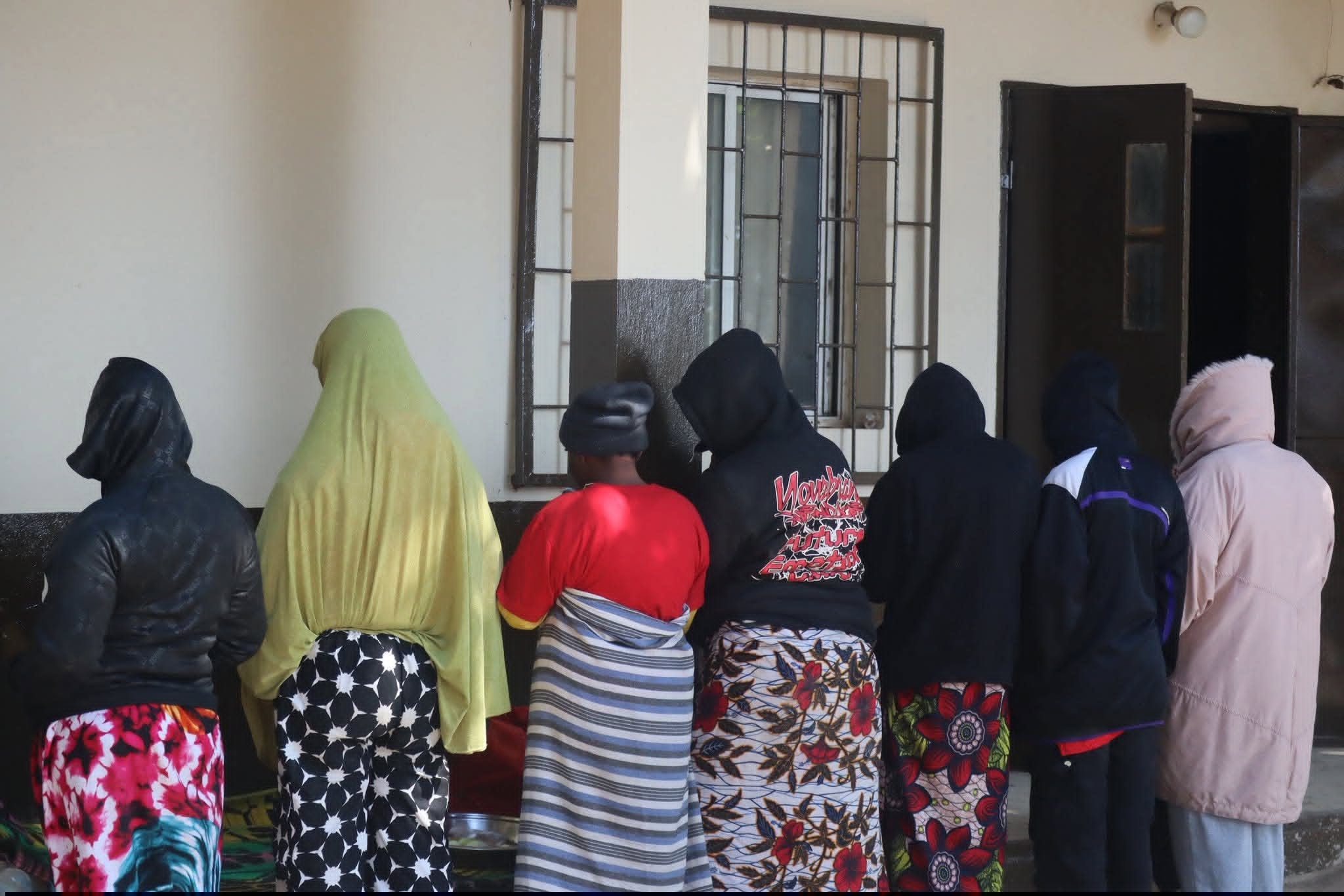By Sheriff Saidykhan
Miko Alazas, Media and Communications Officer of the International Organisation for Migration in The Gambia, said migrants has for the past months faced unprecedented challenges due to coronavirus commonly dubbed “covid-19”.
He made these remarks recently during an interview with The Outpost at IOM office along Kairaba avenue.
“First of all, migrants can be more vulnerable in terms of health crisis. The mobility of migrants can be impacted as we have seen around the world. Migrants often times have more difficulties in accessing health care and health services, are often discrimated” he stressed.
He further stated that, migrants are blamed for the spread of the coronavirus, adding that this has affected their livelihoods.
“Migrants were been blamed for the spread of the coronavirus, and generally migrants would have their livelihoods affected just like anybody else” he said.
Returned and reintegration of migrants he said, has posed social and economic effects on migrants.
“It has led young people into potential and more dangerous risky journeys. So they become susceptible to smugglers. So this already shows the impact of covid-19 social and economic components on migration trends” he observed.
He highlighted the effects of border closures amid covid-19.
“Boarder closures around has really impacted, especially for IOM. Our ability to conduct returned and reintegration operations. So during the first month off the pandemic, when borders were completed shutdown around the region. We were unable to continue our work to supporting migrants who are stranded. So many migrants ended up staying for months at a transit centres and on camps” he concluded.






